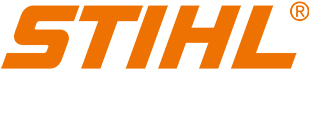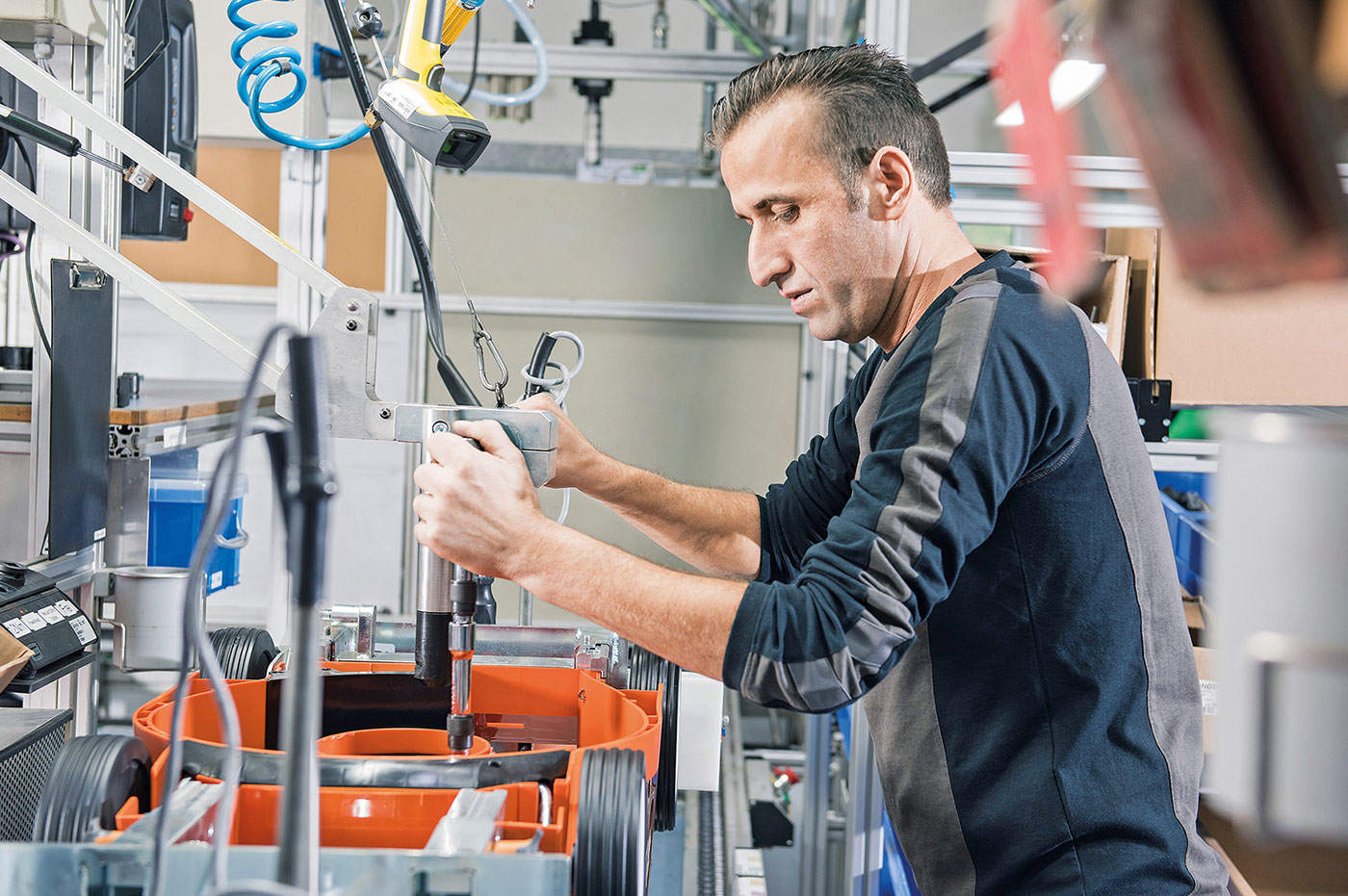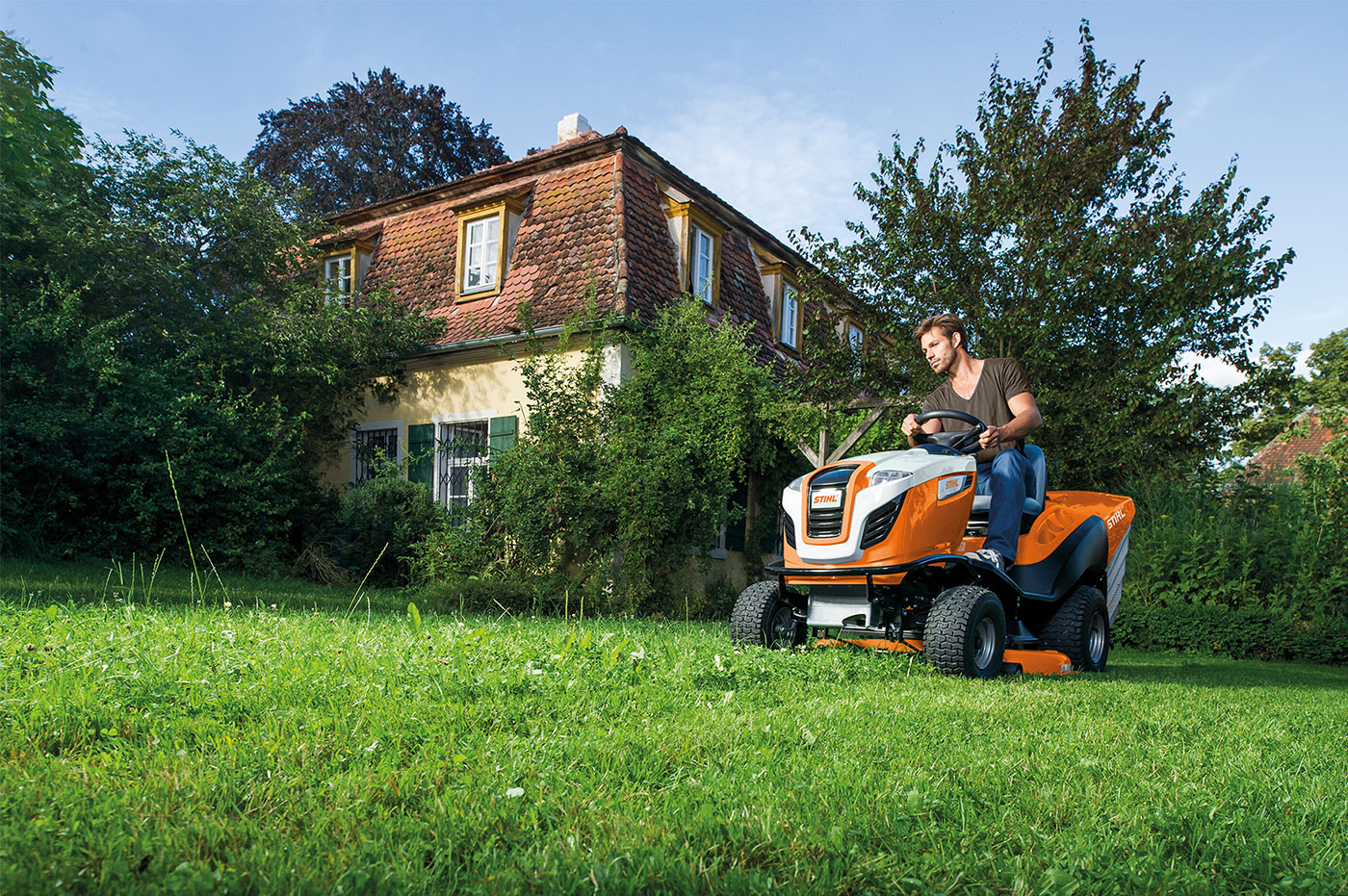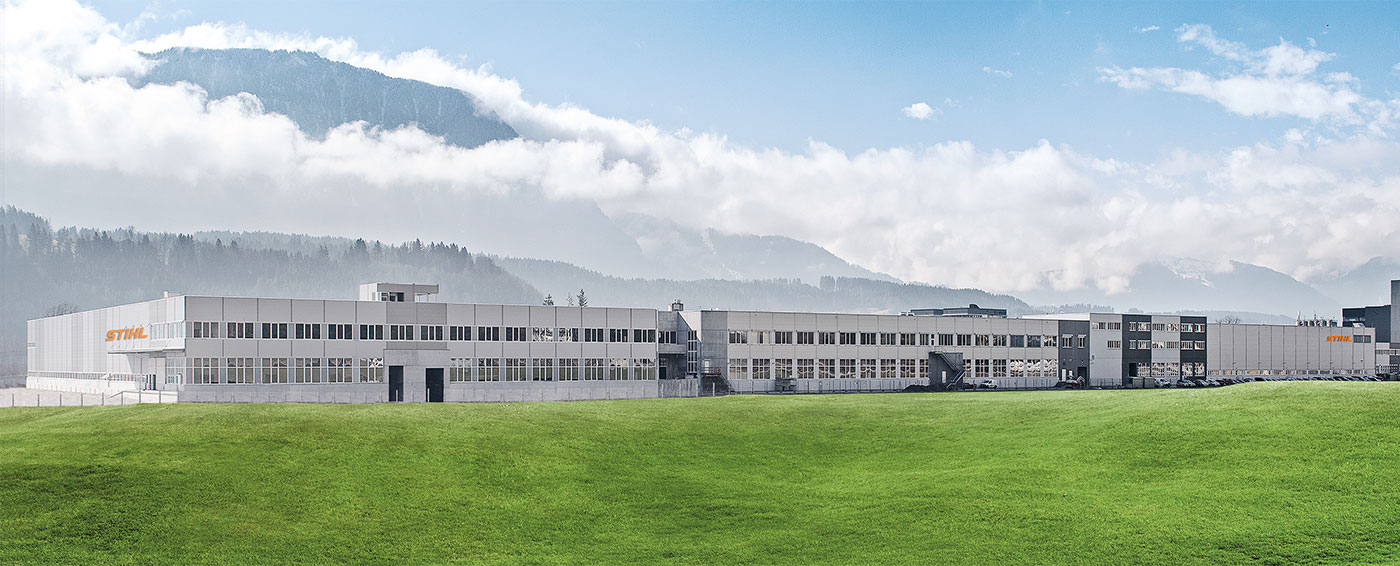Case Study STIHL Tirol
People all over the world immediately associate the glowing STIHL orange with motorized garden and forestry equipment. Since 1981, STIHL Tirol GmbH, formerly under the name VIKING, has been producing chain saws, lawn mowers, mowing robots, riding mowers, garden shredders, etc. in front of a picturesque mountain backdrop.
Best optimization results thanks to cronetwork
Reduction of manual effort
Transparency of production processes
Meaningful real-time information
Release-ready standard interfaces
Optimization of material stock
Reduction of setup times
Transparency for workers and management at STIHL Tirol
The innovative and world-famous products are currently manufactured by approx. 600 employees on 23 assembly lines. Recently the location was extended by 20,000 m² additional floor space. To ensure the success of the company, Stihl relies among other things on digitalization measures in the production area and fully trusts in cronetwork MES. This has so far resulted in powerful individual part traceability, transparent visualization of production progress, and quality data acquisition to ensure the associated self-imposed standards.
Searching for the right MES
DI (FH) Harald Ganster is a departmental consultant for shop floor IT at STIHL Tirol and is responsible for all production-related hardware and software systems. He describes his company’s core requirements for a new MES at the time: “The goal then was to optimize our manufacturing processes so that comprehensive information about the produced devices was automatically recorded. In addition, we wanted to achieve more transparency for further optimization measures. With 23 assembly lines and a high degree of product diversification, an MES must also flexibly adapt to production conditions. At the time, we had a solution that did not meet these and other requirements, and so we set out on a search.” With the experience and prerequisites already gathered, such as maximum flexibility, release security and transparent cost structuring, we finally found what we were looking for at the Upper Austrian MES provider Industrie Informatik. Ganster commented on this decision: “Industrie Informatik convinced us first and foremost with its unlimited connectivity within the system landscape, including a certified SAP® standard interface and QlikView connector. In addition, we were convinced by the comprehensive parameterization within the cronetwork MES standard. This high flexibility made the difference”.
First step: process data collection
In 2016 the pilot operation with cronetwork started on the first two of 23 assembly lines. The complete upgrade was then carried out step by step. In practical operation, there was even less need for optimization, which was already realized in the course of the rollout. “On the assembly lines, we assemble our equipment from several components in group work. cronetwork MES supports us in the acquisition and processing of important process data. A good example of this is the torque values with which a blade is attached to the lawnmower. On the one hand, we check the correct assembly at the workplace and, on the other hand, we can provide our customers with information at any time on important production parameters,” says Ganster, describing the added value of process data acquisition.
Further applications have arisen over the years, including the associated traceability of individual parts. Today, for example, serial numbers of battery, charger and machine are merged in battery devices. This enables STIHL Tirol to provide full transparency on its products from a wide variety of angles.
The classic benefits of cronetwork Machine Data and Plant Data acquisition are almost a matter of course. Automatic quantity counting, including feedback to SAP®, gives the foreman and employees on the assembly line the necessary vision for a wide range of optimization measures. The interim storage system within production could be improved in such a way that inventories on the lines can be kept as low as possible today, while the required material is still available at the right place at all times.
Automated feedback reduces human effort
Ganster continues: “It was also important for us to largely relieve our foremen of manual terminal operation and to create time and space for their core tasks. For example, if a disruption occurs on a line today, the system recognizes this and automatically switches to disruption mode. Previously, the foreman had to report this manually. Today, the foreman can already take care of the basic troubleshooting during this time. The same applies to the notification of follow-up orders. As soon as the current order is delivered, the subsequent order is automatically reported, and the line switches to setup and only changes status again when the first unit of the subsequent order is packed. During this time, the employee fully handles his core tasks, such as set-up and continuation of assembly work.”
Transparency for workers and management
At STIHL Tirol, however, the newly gained transparency through the acquisition of machine, plant and process data was intended to benefit not only management but also employees on the shop floor. Screens (Andon boards) on each assembly line serve as a source of information. “Whereas the information used to consist of a conglomerate of six different sources with obsolete data, cronetwork Portal technology now enables us to generate individual dashboards and provide information collected from cronetwork MES in near real time,” says Ganster, who continues: “Thanks to information on order progress, follow-up orders, hourly output, and target and actual quantities, our employees can better prepare for set-up work and material procurement, which results in shorter set-up times, among other things. In addition, the assembly employees also keep an eye on their current performance indicator for each assembly line. This is one of the influencing factors for bonus calculation, which is carried out 100% with data from cronetwork MES. Consequently, the employees also strive for good output and quality.” Management has long since internalized the potential of cronetwork MES and uses it primarily for evaluations and regular reports over various time horizons.
Quality data collection in the production process
The STIHL brand has always stood for high-quality forestry and gardening equipment, and the demands of its users are correspondingly high. A comprehensive collection of quality data was another requirement for cronetwork MES. “The degree of coverage of our requirements by the cronetwork standard was already very high. In the area of quality data acquisition, however, work still had to be put into its further development. We ourselves have already benefited from developments by other IT industry customers, as these have been incorporated into the standard. This give and take principle of the cronetwork user community convinced us absolutely,” Ganster describes the decision to invest in development here.
The system and processing of the inspection specifications is now 100% integrated in cronetwork MES. For each order and shift, one device is randomly removed and tested in the STIHL internal product audit. Functional, optical, safety and other factors are taken into account and result in a group-wide uniform quality index. Ganster: “The utmost quality of our products is an essential factor for the success of our company. We want to ensure this in the future as well.”
Conclusion and outlook
The growth and increasing requirements at STIHL Tirol have led to a call for a strong and above all flexible MES solution. With Industrie Informatik they now have a partner who can react quickly and flexibly to the constantly changing requirements. cronetwork process data acquisition and individual part traceability contribute in many ways to transparency and quality assurance at STIHL Tirol. In addition, the company benefits fully from the standard philosophy and release policy of the Austrian MES provider. This also paves the way for further cooperation with Industrie Informatik.
photos: © STIHL Tirol GmbH
Products:
lawn mowers, mowing robots, riding mowers, garden shredders, tillers and scarifiers, battery-powered and electric products
Staff:
600
cronetwork modules:
plant data, machine data,
time & attendance, work center monitor, PIDO,
OPC, SAP® connector, Qlik View connector
“Thanks to information on order progress, follow-up orders, hourly output, and target and actual quantities, our employees can better prepare for set-up work and material procurement, which results in shorter set-up times, among other things.”




